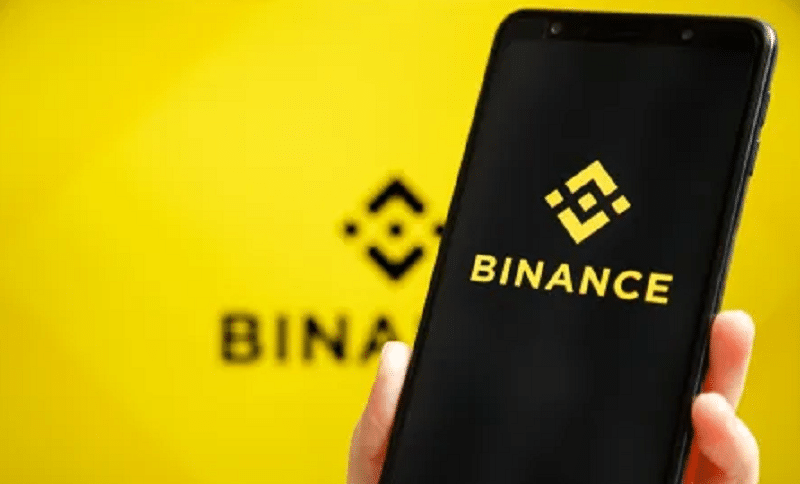Table of Contents

Binance P2P Nigerian Not Working
In the realm of cryptocurrency transactions, Binance has long been a go-to platform for many Nigerians. However, recent developments have led to disruptions in its peer-to-peer (P2P) service specifically tailored for Nigerian users. This article delves into why Binance P2P for Nigerians is encountering issues and offers practical solutions to address them.
Understanding the Situation
Government Scrutiny and Regulatory Concerns
The Nigerian government’s close monitoring of Binance stems from apprehensions regarding foreign exchange problems. In response to perceived challenges, Binance temporarily suspended its P2P service for Nigerians. Notably, the removal of the Nigerian Naira from the list of supported currencies on the P2P platform added to the upheaval.
Detainment of Binance Executives
The situation escalated when two Binance executives visiting Nigeria were detained while attempting to address the country’s ban on crypto exchanges. This incident further exacerbated the challenges faced by the platform.
Regulatory Actions and Concerns
The Nigerian Securities and Exchange Commission had previously declared Binance’s operations illegal due to the absence of registration in the country. Additionally, allegations by the governor of Nigeria’s Central Bank regarding a significant transfer facilitated by Binance underscored regulatory concerns.
Navigating the Challenges: Solutions
Check for Updates
Ensure that your Binance application or website is updated to the latest version. Updates often include bug fixes and enhancements that might resolve the issue.
Await Official Announcements
Given the current circumstances, Binance might be actively working on rectifying the problem. Stay informed by monitoring official announcements from Binance regarding updates on the P2P feature.
Reach Out to Customer Support
In case of persistent issues, contacting Binance’s customer support can provide insights into the status of the P2P feature and anticipated timelines for its restoration.
Explore Alternative Platforms
While awaiting Binance’s resolution, consider exploring other reputable P2P platforms for your cryptocurrency transactions. Prioritize platforms known for their reliability and security.
Stay Informed and Exercise Caution
Remain updated on regulatory developments and official communications from Binance. Exercise caution to avoid falling victim to scams or utilizing unofficial fixes that compromise security.
Conclusion
Despite the temporary setback faced by Binance P2P in Nigeria, the enthusiasm for cryptocurrencies among the country’s tech-savvy populace remains undiminished. As Binance works towards resolving regulatory and technical challenges, users are encouraged to stay informed, exercise patience, and explore alternative avenues for their cryptocurrency transactions.
Binance P2P Nigerian Not Working – FAQs
1. Why is Binance P2P not working for Nigerians? Binance temporarily halted its P2P service due to regulatory concerns and technical challenges, particularly in response to the Nigerian government’s scrutiny on foreign exchange issues.
2. What caused the removal of the Nigerian Naira from Binance’s P2P platform? Regulatory actions and concerns led Binance to remove the Nigerian Naira as the government focused on preventing manipulation of the foreign exchange market and illegal fund movements.
3. Why were Binance executives detained in Nigeria? Two Binance executives were reportedly detained in Nigeria while addressing the ban on crypto exchanges, adding to the challenges faced by the company in complying with regulatory requirements.
4. How can users fix Binance P2P not working? Users can check for updates, wait for official announcements from Binance, contact customer support for assistance, explore alternative P2P platforms, and stay informed about regulatory changes.
5. What is Binance P2P, and why is it important? Binance P2P is a feature allowing direct cryptocurrency trading with local currencies. It’s crucial, especially in countries like Nigeria, but recent challenges indicate temporary suspensions due to regulatory and technical issues.